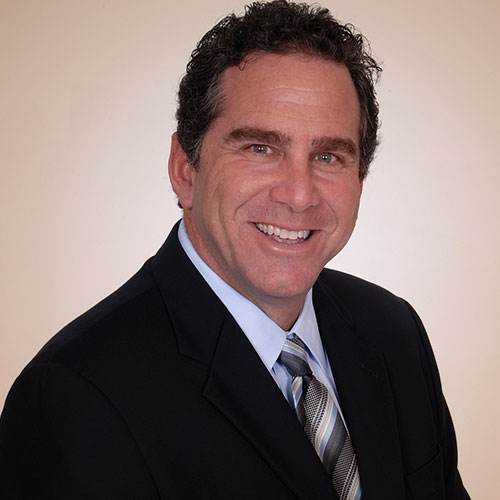The latest “fix” for all that ails US Healthcare is “Medicare for All” which certainly fuels strong reactions along political and professional lines. Among the latest events are a contentious hearing in Washington summarized in The Hill and a protest at the annual AMA meeting detailed in the Chicago Tribune. In Chicago, a group of renegade health care providers called “Physicians for a National Health Program” protested the AMA’s opposition to the Medicare for All legislation. Both organizations say they support high quality, affordable health care but the AMA wants to expand private options as opposed to going all in on government-directed care.
Meanwhile in Washington, a perhaps more predictable scenario unfolded. In the first hearing on the subject of Medicare for All by a congressional committee with jurisdiction over health care issues, partisan rhetoric flew in both directions, with each party taking turns bashing the other. According to the article, a ranking Republican member of the powerful House Ways and Means Committee painted the proposal as an outrageously expensive Democratic seizure of healthcare akin to the failed universal health care systems in countries like Romania. Not to be outdone, a Democratic co-sponsor of the bill responded to the remarks above that “I have never heard a ranking member’s statement that was filled with not a single truth”. The atmosphere reportedly was further charged by an audience containing vocal supporters on both sides of the issue.
EHC NOTE: We doubt that any of the members of the “Physicians for a National Health Program” were anesthesia providers. In its current form, Medicare reimbursement is abysmal for anesthesia services, reimbursing a far smaller percentage of average commercial charges than other specialties. It is often said in anesthesia circles that if an anesthesia provider is in the OR for an hour with a Medicare patient and they have a plumber at their house for an hour, they end up with less money to show for the hour worked than the plumber. If the current fee schedule were to be maintained implementation of Medicare for All would be a nuclear event for the anesthesia industry. Depending on payer mix and current private rates, reimbursement from the single payer would likely reduce anesthesia collections by 50% to 75%. Not many providers would likely sign up for a corresponding reduction in pay and likewise not many hospitals or surgical centers would be too excited to “make the providers whole” through additional subsidy support.
While the impact would not be quite as dramatic for surgical services, many OR’s struggle to break even at Medicare reimbursement rates. If forced to accept these rates for all cases, the key driver of revenue and profits for most hospitals would dry up overnight. We would anticipate pressure to dramatically improve operating room efficiency, reduce supply chain costs and exit surgical service lines with low contribution margins. Compensation for employed surgeons and nursing personnel would likely be reduced. Despite these and other best efforts, some hospitals would likely close their doors in the face of such financial upheaval.
Of course, the devil is always in the details, and it is highly likely that even the great minds in Washington would not attempt to implement current Medicare reimbursement policies across the board if they were to move to this version of a single payer system. However, it certainly serves as food for thought. Perioperative directors may want to consider as a thought exercise how they would react in a Medicare for all scenario. What cost cutting options are available? What efficiency options are available? Can the supply chain be tightened? Perhaps consider implementing some of the more palatable options you arrive at now – get lean, mean and profitable ahead of the storm (whatever form that storm takes) as Washington fiddles with the future of healthcare. As for anesthesia providers, if Medicare for all is implemented with the current reimbursement methodology, there’s always a career in plumbing to consider.

Dr. Howard Greenfield is a board-certified anesthesiologist with expertise in cardiac anesthesia, pain management, and healthcare consulting. A founding partner of Sheridan Healthcare, he led anesthesia operations at Memorial Regional Hospital and helped establish trauma and pediatric programs. He later served as VP of Business Development at Sheridan, expanding services nationally. In 2009, he co-founded Enhance Healthcare Consulting, where he’s spent over 13 years leading anesthesia and perioperative improvement initiatives across the U.S. with a data-driven, strategic approach.
